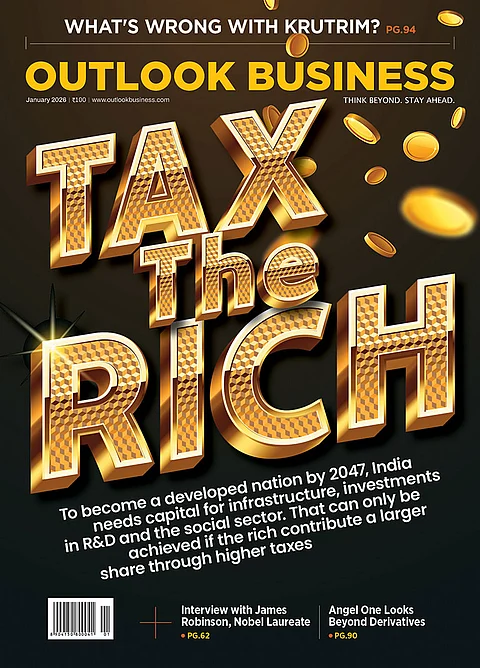Wall Street went through a rocky session overnight, with all three major indices — the S&P 500, Dow Jones Industrial Average, and Nasdaq, slipping around 1% each. Investor sentiment took a hit after US President Donald Trump unveiled a fresh round of steep tariffs targeting key trading partners, including Japan and South Korea, set to take effect from August 1.
The pressure only mounted as Trump expanded the list to include countries such as Malaysia, Kazakhstan, South Africa, Laos, and Myanmar, fuelling fresh concerns of a global trade flare-up and dragging stocks deeper into the red.
The Dow Jones Industrial Average fell 0.9% to 44,406.36, while the S&P 500 slipped 0.8% to 6,229.98, and the Nasdaq also 0.91% to close at 20,412.52.
The sharpest blow for the S&P 500 came from Tesla, which plunged 7% in its steepest one-day fall in a month, after CEO Elon Musk announced the launch of a new political party named the America Party, deepening his ongoing feud with Donald Trump.
Investor nerves were further tested as Trump hinted at more trade actions in the pipeline. On Monday, he threatened an additional 10% tariff on countries he accused of aligning with the anti-American policies of the BRICS bloc comprising Brazil, Russia, India, China and South Africa, stoking fears of a widespread trade showdown.
Trump’s latest tariff tantrums have reignited inflation concerns, adding a fresh wave of uncertainty to the Federal Reserve’s policy easing timeline. Investors now wait for the Fed’s June meeting minutes, due Wednesday, for further clarity on the central bank’s outlook.
According to CME Group’s FedWatch, investors are pricing in a 95% chance that rates will be held steady in July, with the probability of a September cut hovering around 60%.
Meanwhile, focus also remains on Trump’s recently signed tax and spending package, which analysts warn could inflate the US fiscal deficit by more than $3 trillion over the next decade.



























